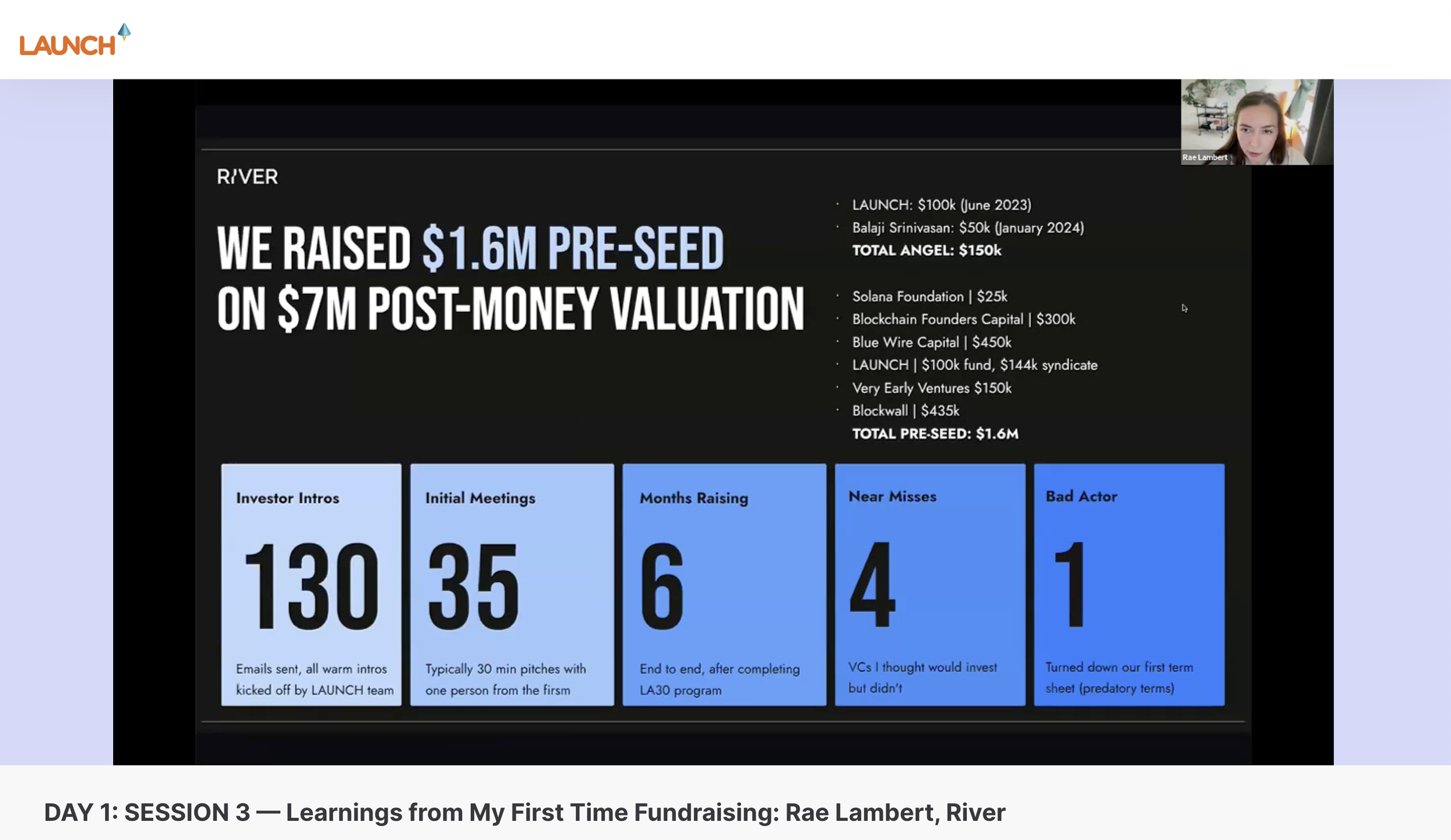We manage time and money, but what about energy?
There are lots of resources out there for managing your time and money. Those are finite things and while they may be hard to manage well, their units remain relatively predictable. An hour is an hour and a dollar is a dollar. What’s more elusive is energy levels. Identifying what takes vs. gives and predicting how much energy something will cost is a valuable life skill that I’ve recently began to master.
Over the years I’ve figured out that just because there is room on my calendar, doesn’t mean there is gas in my tank. For example, a one hour performance review is not the same as one hour of answering emails. Before, I would get to the end of a week wondering why I was completely exhausted even though I hadn’t worked more than the typical 40 hours. Conversely, some weeks seemed to breeze by.
Now that I have my own business, managing my time, money, and energy has become critical. I no longer have a boss giving me tasks and deadlines. But I also don’t have an authority telling me when I’ve done enough. I’m my own harshest critic and I can be unreasonably demanding of myself.
Enter my weekly point system
To manage my bandwidth and avoid burnout, I devised a weekly point system inspired by story points from Agile, a software development methodology and it works like this:
Each task, event, appointment, commitment etc. gets assigned points based on the amount of energy required to complete it.
As my calendar fills up, my points get tallied. I’ve found that a sustainable week for me is 65 points. If I reach the point limit, something has to be moved to the following week. If that is not possible, than I’m running a deficit and the following week must be a lower point week.
How I quantify the energy of a commitment
SMALL = 1 POINT
30-60 minute small group meeting
A small individual task (copy review of a new landing page)
Meet a friend or colleague for coffee
MEDIUM = 5 POINTS
A big meeting I’m leading that requires prep—perhaps a kickoff to a new project
Contract proposal/negotiations or long, emotionally involved conversations
Attending a meetup or speaking on a panel
LARGE = 10 POINTS
Long-distance travel on a plane or a train
Day-long conference or giving a talk
Client onsite if it’s a half-day or more
I track my commitments in a Bullet Journal—a place to keep track of my to-do list, plan out my calendar, and journal about ideas and feelings. I start by mapping out each week across two pages. Then I fill in commitments and tasks. Each one of my commitments gets points assigned to it. What determines a small, medium, or large commitment is different for everyone so you must choose your own amounts.
Since I’m an introvert, things like meetups and conferences are more points than solo work. Other people might love social outings but need more energy to get themselves motivated for deep work. Whatever you choose, it’s important that the different point values have magnitude to them. Choosing 1 point, 2 points, and 3 points won’t get to the heart of the fact that something takes a lot more energy than something else.
About Bullet Journaling
Though it does require a notebook, Bullet Journal® is actually a methodology. It's best described as a mindfulness practice disguised as a productivity system. It's designed to help you organize your what while you remain aware of your why. The goal of the Bullet Journal is to help its practitioners (bullet journalists) live intentional lives, ones that are productive and meaningful. You can learn more about the methodology at https://bulletjournal.com.
RESOURCES
Bullet Journal (I prefer dots not lines)
The Bullet Journal Method by Ryder Carroll
My favorite pens (yes, I’m one of those people)
So give it a try!
You might just find you have more energy when you give it the intention it deserves.
More like thisShare
Did you enjoy this post? Let me know in the comments and share on social!





